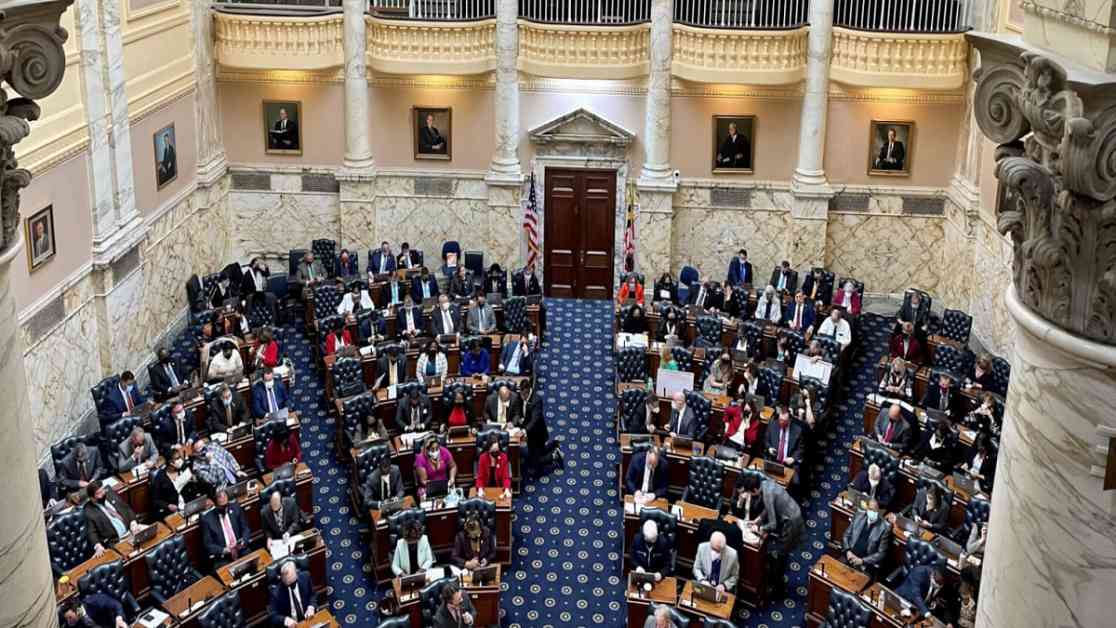Exoneration Sought for Maryland ‘Witches’ Centuries Later
Maryland Delegate Heather Bagnall is spearheading a crucial initiative in this year’s General Assembly to seek exoneration for individuals accused of witchcraft in Maryland centuries ago. The issue, often overlooked in the shadows of history, is gaining momentum as Bagnall shines a light on the injustice faced by those targeted for prosecution before the American Revolution.
An Unprecedented Quest for Justice
Del. Bagnall has taken a bold stance on this historical issue, highlighting the need to right the wrongs of the past. With a record of seven individuals accused and tried for witchcraft in Maryland, the quest for exoneration goes beyond mere symbolism. Bagnall emphasizes the significance of acknowledging the trauma and shame inflicted on the families of the accused, who suffered unjustly due to baseless accusations that tarnished their reputations and livelihoods.
The Unseen Impact of Witch Hunts
The legacy of witch trials extends far beyond the sensationalized accounts in history books. Bagnall draws attention to the contemporary relevance of addressing past injustices, noting how accusations of witchcraft not only destroyed lives but also perpetuated systemic misogyny. By shedding light on the plight of individuals like Moll Dyer, who faced persecution and death for crimes they did not commit, Bagnall underscores the need for closure and redemption.
A Resolution for Healing and Redemption
The resolution proposed by Del. Bagnall seeks to provide closure for the families affected by the witch trials, offering a glimmer of hope in a dark chapter of Maryland’s history. By acknowledging the wrongful accusations, trials, and executions that marred the lives of innocent individuals, this resolution paves the way for healing and redemption. Bagnall’s unwavering commitment to seeking exoneration for those unjustly accused of witchcraft serves as a beacon of justice in a world plagued by past injustices.
In conclusion, the quest for exoneration for Maryland ‘witches’ centuries later is not just a historical footnote but a crucial step towards healing old wounds and righting past wrongs. Del. Bagnall’s efforts to bring closure to the families affected by these unjust accusations resonate with a sense of justice that transcends time and space. As we confront the ghosts of our collective past, may we find solace in the pursuit of truth, justice, and redemption.


















